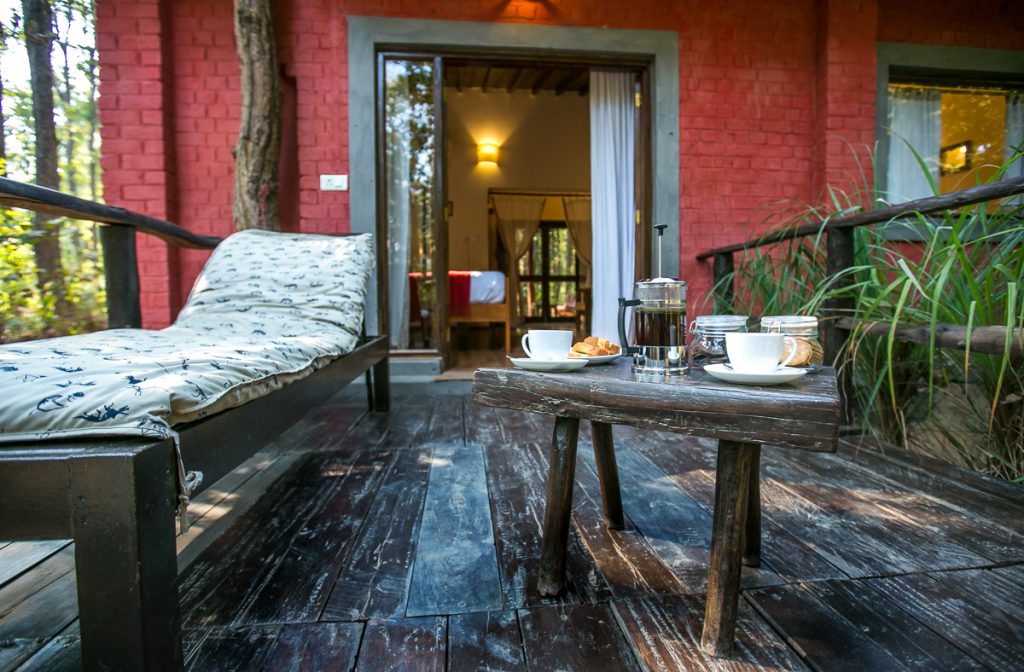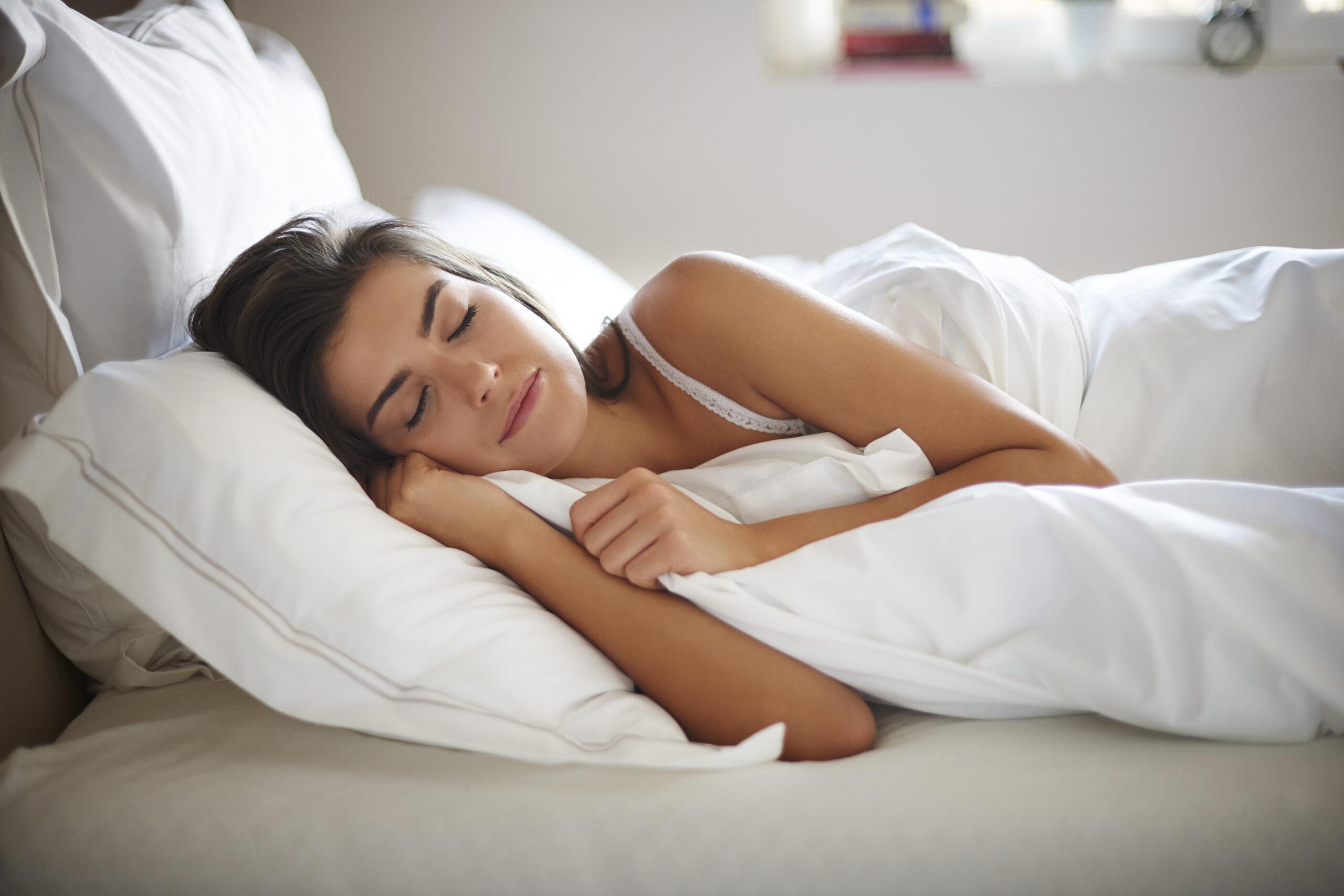Counting sheep for sleep? Here are some tips to your rescue TExT: ERIK JAN MIDDELHOVEN, HOME FURNISHING & RETAIL DESIGN MANAGER, IKEA sleep is an essential part of our lives, as it is for both our physical and mental well-being. While we sleep, our bodies repair and replace cells, and our brains organise memories and information. According to a survey conducted by the community-based social media platform LocalCircles on the average amount of uninterrupted sleep people get each night, 43% of 13,438 respondents reported getting six to eight hours of sleep, 34% received four to six hours, 21% received four hours, and 2% managed to get eight to ten hours. Adults require seven to nine hours of sleep per night, yet many people fail to obtain adequate sleep owing to stress, anxiety, or a poor sleeping environment. Sleep deprivation can lead to a range of health issues, including insomnia, depression, high blood pressure, diabetes, and stroke. Insomnia, the most common problem causedby a lack of sleep, can be caused by an inconsistent bedtime schedule, stimulating activities before bed, an uncomfortable sleeping environment, and using your bed for work, eating, or watching TV. There are certain factors that are under our control and impact our sleep, such as the mattress, light, pillow, or bedsheets. Here are a few products that can help you sleep better and improve your sleep pattern Choose the right mattress: A good mattress will give you, a supportive and comfortable resting surface, allowing you to fall asleep faster and remain asleep longer. You’ll feel rested and revitalised when you wake up. When your body is correctly supported, it allows your muscles to relax and your spine to rest in a natural position, reducing discomfort and agony. When choosing a mattress, there are various aspects to consider, including size, firmness, and material. Spring mattresses: We get the best night’s sleep on a spring mattress. A sprung or pocket-sprung mattress provides tremendous support to our back and distributes our body weight. Foam mattresses: Memory foam mattresses use our body heat to soften and mould to your shape. After you wake up, this memory foam regains its original shape. A good pillow to sleep on: We use pillows to support the head and neck while sleeping. This support is essential for maintaining proper spinal alignment, which helps prevent aches and pains in the neck, shoulders, and back. A good pillow can also help reduce snoring and improve breathing by keeping the airways open. Ergonomic pillows: Regardless of the way we sleep,these pillows give the right support to our head and neck and provide the rest we need every night. Cover with comfortable bedsheets: Bedsheets are an important factor in achieving a comfortable and restful sleep, and choosing the right ones can make a significant difference in the quality of your sleep. Cotton: The soft and smooth fabric of cotton helps people sleep comfortably and allows for easy breathing. In fact, it helps with insomnia. The majority of cotton materials are natural and chemical-free, which is good for people with sensitive skin. It helps reduce irritation while sleeping and improves our sleep. Linen: The natural moisturiser and wicking ability of linen sheets offer better breathability and a night of very good sleep. Bamboo: This natural fabric provides a cool and comfortable sleep. Silk: Silk sheets are soft, smooth, antimicrobial, and hypoallergenic, which gives them a feather touch to our skin and results in a calm sleep. Block or welcome the light with quality curtains: The most significant external component influencing sleep is light. While most people intuitively realise that sleeping in the dark is easier, the connection between light and sleep is far deeper. Waking up to harsh sunlight might make your mornings miserable; moreover, curtains and blinds control the amount of light that enters the room. Room-darkening curtains are an excellent tool for controlling the quantity of light that enters our room. This is good for individuals who sleep during the day or who are having an afternoon nap. Sleeping in a darker environment has been proven to aid in deeper and more restful sleep. Panel curtains also work well for blocking the sunlight coming into the room. On the lights for better sleep: Many centuries ago, our human body followed the Circadian Rhythm during a 24-hour day followed by the sun. This process happens naturally. Our brain follows this rhythm in order to get up and fall asleep. We need to find a solution to lead a healthier and more balanced life in this era of artificial lighting. Red or amber table lamp: Placing a red or amber table lamp has been proven to help us get better and deeper sleep. Red and amber are warm and relaxing hues that enhance melatonin production by activating the light spectrum. Since red light has a lower colour temperature than natural sunlight, it is great for sleep.Our everyday lives depend heavily on sleep, and the amount of sleep we get the night before can influence how we feel today. By picking the right home decor, we can make sure we get the rest we need. The type of mattress and pillows we use, as well as the colour scheme of our bedroom, may have an effect on how well we sleep. By paying attention to the little things and making some conscious choices, we may create an appealing pleasant environment that promotes sound sleep and improves our general well-being.









